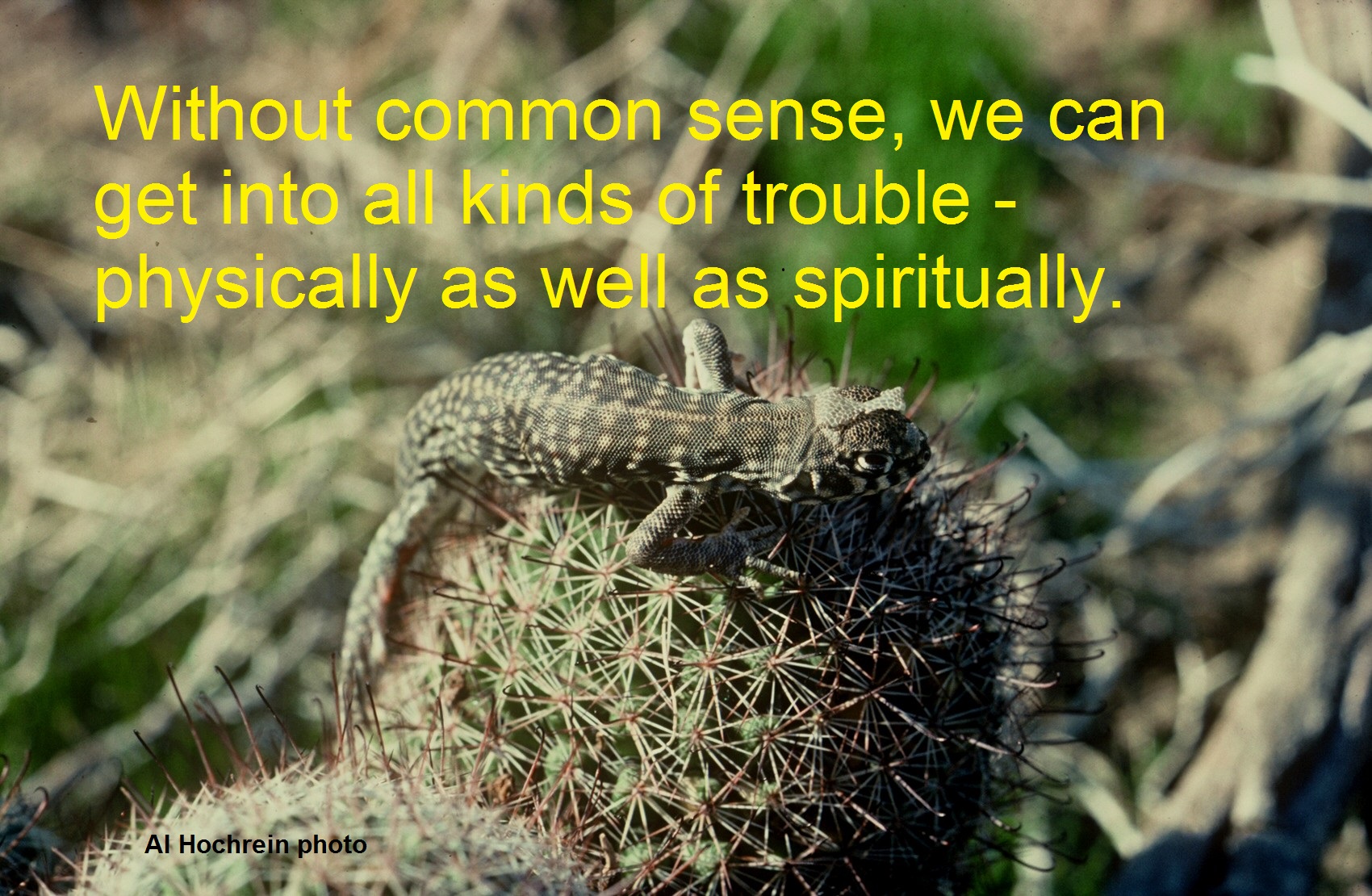Note: If you have not signed up to join my blog email list, please click on “contact” above and send me your name and email address. You will receive notices when I post a new blog and avoid missing future blog posts in this and other series. I do not share email addresses.

Part Five: How Do Offensive Apologetic Tactics Make Complicated Issues More Manageable—Such as Why Is There Pain and Suffering in the World If God Exists?
In last week’s blog, I shared the first of three benefits of applying offensive apologetic tactics, at least initially, in apologetic and other witnessing opportunities (“boomerang questions”). This week’s blog will look at a second benefit. Apologetics on the offense reduces complicated issues to a manageable size.
Bite-Sized Chunks
Many of the challenges raised by non-Christians are simple to state but complex to answer. In witnessing encounters, we often don’t have the time or in a good setting to respond adequately. For example, consider this popular argument against the existence of God:
If God is all-loving and all-powerful, as you Christians claim, He would not allow evil and suffering. But evil and suffering exist. Therefore, God is either not all-loving and doesn’t care that people suffer, or He’s not all-powerful and can’t stop it. Either way, God doesn’t exist as you Christians believe.
Entire books have been written in response to this argument, called the “problem of evil.” It’s impossible to give a satisfactory reply to such a complex and emotionally laden issue during a coffee break at work or a casual encounter at a party. But putting the issue back on the non-Christian (offensive apologetics) allows us to give a reasonable response that helps them see there is no solution to the problem of evil without God. Our reply can be something like this:
You’ve identified one of the biggest dilemmas confronting the human race, regardless of one’s religious belief. Not only Christians but for all religions and philosophies—including atheists—must deal with this issue. I believe that the Christian solution is the only logical and sustainable response to this problem, and I’d love to get together when we have more time and explain it. But for now, let me give you something to think about: If God didn’t exist, what is the solution to evil and human suffering? It’s easy to blame God, so let’s remove Him from the equation. What’s left? Can you think of a solution to evil and suffering without God?
I think it was Willian Lane Craig who put this kind of response bluntly: “What does an atheist say to the parents of a child dying of cancer? ‘Tough luck,’ ‘Gee, what a shame,’ ‘I’m sorry to hear that.'”
How would you respond to this question if God is out of the picture? The fact is, if Christian skeptics honestly investigate this issue, they’ll discover there is no better solution to the problem of evil than the Christian.
When dealing with complex issues, challenging the non-Christian to respond first by asking simplified questions achieves three things: First, it clears away peripheral issues and gets right to the heart of the problem: Is there a solution to the problem of evil without God? Second, we have put the burden of proof on the nonChristian to account for their erroneous anti-Christian assumptions that God either (1) can’t solve the problem of evil, (2) is the cause of it, or (3) doesn’t exist. And third, we have opened the door for further dialogue—a future witnessing opportunity. ©
Next week we’ll look at the third benefit of apologetics on the offensive: It is surprisingly non-threatening.